On Sunday, February 21, 2021, the Black Student Union and Hispanic Student Union hosted a reading and discussion with Dr. Raina J. Leon. The event was held virtually, and as a group we were guided through several practices and prompts in order to examine our ancestral connections.

Dr. Raina J. Leon is a Black and Afro-Latina writer and author of Areyto to Atabey: Essays on the Mother(ing) Self (Alley Cat Books, 2019) and four other books of poetry. She is also a faculty member of Saint Mary’s College in California and the founding editor of The Acentos Review, an online Latinx journal. I was very excited to learn from someone with so much knowledge to share with us about connecting to our ancestors, and was very eager to begin the workshop.
As I joined the Zoom call, Leon was bouncing around in her chair to “Just Fine” by Mary J. Blige. She played “We Are” by Sweet Honey in the Rock to get us in the mood for the journey we were about to embark on.The music raised the energy, a difficult task over Zoom, acting as an excellent way of connecting everyone from different spaces around the world and gave the call a greater sense of community.
We watched the music video of Time Traveler by spoken-word artist Lyla June, which gave us a deeper understanding of the ways that people are connected to their ancestors, heal from generational trauma, and care and love for themselves and the community. All of these themes became apparent and important throughout the workshop. One thing that was made clear to all of the participants was that this Zoom call is a safe place; there should be confidentiality, and “take what you learn but not people’s story.” Those are all important guidelines, especially if people were to feel comfortable sharing their experiences.
The first prompt we were given was to consider who your people are through matrilineal vicinity and think about who the ancestors are that you will bring into a room, people who have your back. I have never thought about this before; I have never thought about who out of my ancestors I might feel connected to. This exercise was a powerful way for me to think about myself in terms of who came before me. A comforting reminder that there are people who have my back, whether I realize it or not.
After that, we had a few moments to think about all of the ancestors we could remember. The White Stripes “We are Gonna be Friends” played as we thought about the prompt. For me, it felt like I was meeting my ancestors for the first time, thinking about them in a way I hadn’t before; it was the beginning of our friendship.
Dr. Raina J. Leon read a poem named “The Only Color,” then we listened to a poem called “For Estefani” by Aracelis Girmay. Both poems were equally impactful.
Raina talked about how we are our walking ancestors; we have to confront the past to heal the future. Learning about your ancestry and your story is starting on that journey of healing.
We then wrote a letter to an ancestor or descendant we chose. The prompt was to think about what knowing them has revealed in yourself and your relationship. As I listened to the music coming from Raina’s side of the Zoom world, I thought about how little connection I had to any of my ancestors, so I addressed my letter to “anyone listening.” Writing to anyone who was with me that I didn’t know was there. Hearing other people’s stories and relationships was very beautiful to me. It opened my eyes to the impact and connection people can have with someone they are related to and might not have even met.
To end the workshop, Raina talked a bit about narrative medicine; there is training in narrative medicine that says we need to ask more questions, have more time, and listen to people tell their stories. There is so much medicalized racism, instances of doctors not listening to their patients of color, specifically Black women, not believing them, and not trusting them. Narrative medicine says that if we actually listened to people and gave them the space to express their stories, it would help people find actual healing. It is essential to listen to where people were, where they are now, where they want to be, and to trust the person who is hurting. After discussing that, we traced our genealogy, and next to names, we wrote things we associated with those people. Their stories and struggles or experiences travel down through generations to us. We need to understand our ancestors’ impact on us, and our healing.
If you are interested in looking into your own genealogy, here is a list of resources Raina suggested for us at the end of the workshop. Also, definitely check out some of Dr. Raina J. Leon’s other work, Acentos Review and StoryJoy Inc.
- Family Search is a fantastic website to research on
- Alexis Pauline Gumbs trilogy Spill, M Archive, and Dub
- A conversation with Ebony Noelle Golden
- Weeksville Heritage Center
- Timmy Prolific Edwaujonte
- Faith Adiele
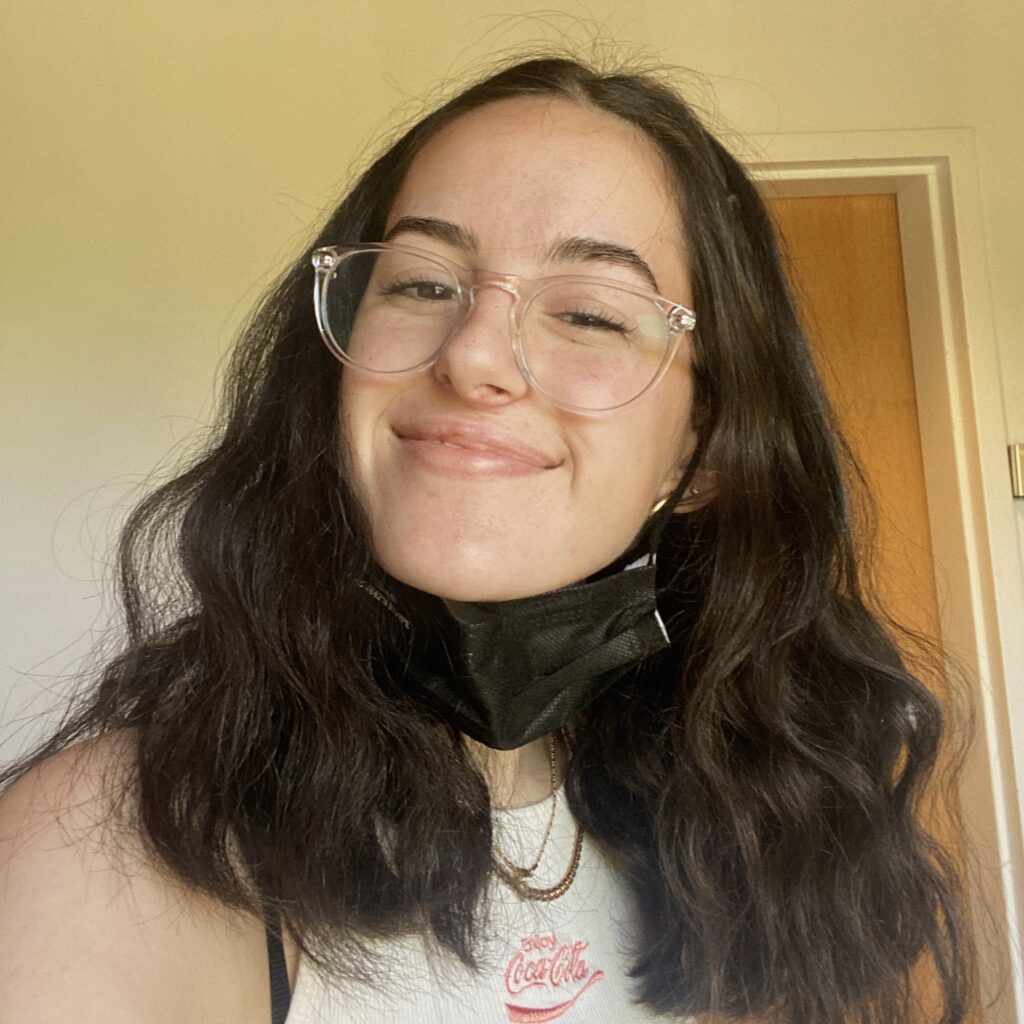
Jade Baratta is a first-year student who is interested in visual arts and politics. In her free time she can be found drinking iced lattes, collaging, or hanging out with friends. She is really excited to be working for the Bennington Beacon!
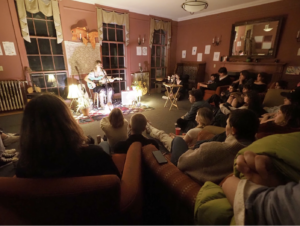

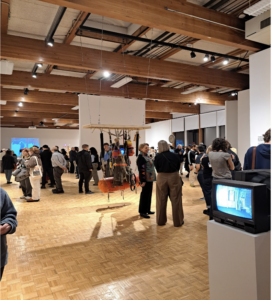
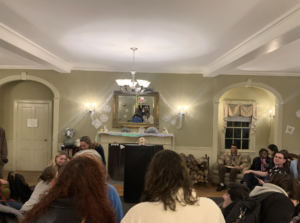
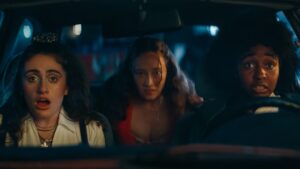
Be First to Comment